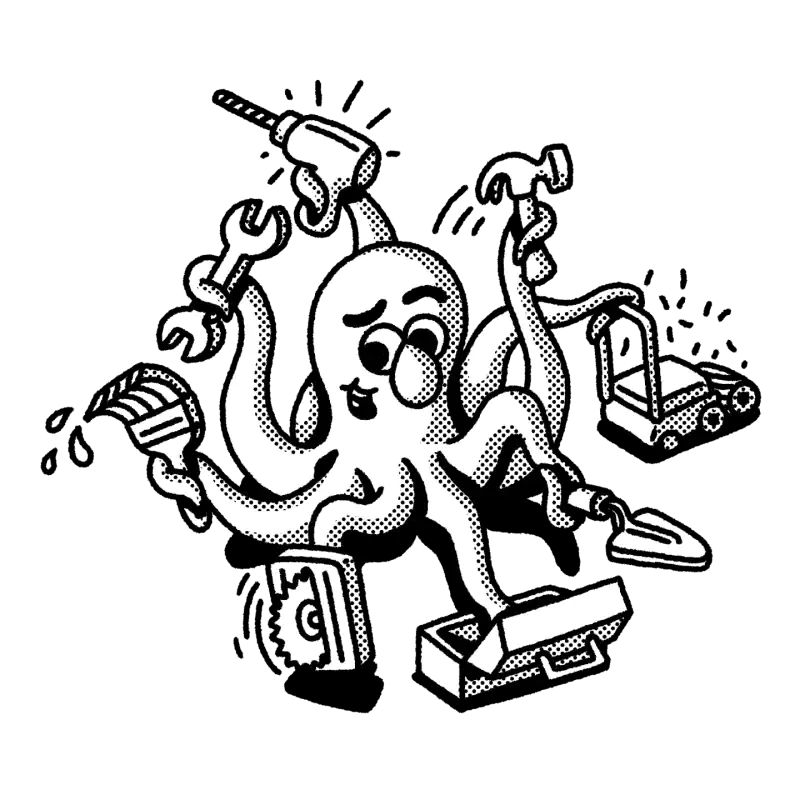How does prior acts coverage work?
Let’s say you’re an electrician contracted to do the wiring in a house. As a smart business person, you’ve got professional liability coverage from Company A, which protects you against any errors or mistakes you may make on the job.
After you finish the house, you decide to change insurance providers to Company B. After the switch, the house you worked on catches fire, and faulty wiring was the culprit. Yikes. Now you need to file a professional liability claim to cover the damage.
Who is going to cover you? Company A or B? As you can imagine, Company B might not want to pay for a mistake you made before you signed up with them. BUT, you’re not with Company A anymore either, so you’re not their problem. Who pays?
This is where prior acts coverage comes in. If you have prior acts coverage with Company B, they will honor the claim even though the incident occurred before you were a customer of theirs.
Claims-made vs. occurrence-based policies
The reason prior acts coverage is important for small businesses is because professional liability policies and errors & omissions insurance are “claims-made” policies. With claims-made policies, you can only file a claim while the policy is active.
This means if instead of switching to Company B, you retire and let your insurance lapse, when the fire breaks out, you won’t be able to file a claim and will have to pay for the damage out-of-pocket.
(Don’t worry, you can purchase an extended reporting period, which extends the time you can file a claim beyond the end of a claims-made policy, ensuring you’ll have coverage in this type of situation.)
This is in contrast to occurrence-based policies. With occurrence-based policies, if the incident occurred when you had coverage, you can file a claim with the original insurer any time, even long after you’re out of the policy term. Insurers typically offer general liability and commercial auto insurance, among others, as occurrence-based policies.
For example, say you have a car accident driving for work and injure another driver. Your commercial auto coverage will help pay for their medical bills at that time.
If years later, the person you hit comes back and claims further injuries due to the accident, you can still file a claim with your original insurer under your commercial auto insurance, even if you’re not with that company anymore.
To sum up the differences between occurrence-based vs. claims-based:
- Occurrence based policies allow you to file a claim at any time for incidents that happen during the life of your policy.
- Claims-based policies allow you to file a claim only during your policy period.
Limits of prior acts coverage
Now, prior acts coverage doesn’t necessarily protect you for everything you’ve ever done. Some insurance carriers will include a retroactive date in their prior acts coverage. This retroactive coverage date is the furthest back the insurance company will allow you to file a claim for.
The other way insurers limit prior acts coverage is through how long you’ve had continuous coverage.
So say you’ve been in business 20 years and are on your fifth insurance company. But you’ve had continuous professional liability insurance the whole time. Should someone come after you for a mistake you made the first year you were open, your current insurance company will honor the claim.
However, if you accidentally let your coverage lapse at some point along the way, your current company may not let you file a claim with them because your coverage wasn’t continuous from year one. This is just one of many reasons it’s important not to let your insurance coverage lapse.
When it comes to claims-made coverage, you never know when you might be held accountable. This can be nerve-wracking because claims-made policies only let you file claims while your policy is active. Fortunately, prior acts coverage is there to extend your coverage window back into the past, ensuring you have the protection you need.
Moving forward with NEXT
With prior acts coverage allowing small business owners to not worry about the past, NEXT helps small businesses look towards the future and make their next big step forward with small business insurance.
You can start a quote, customize your options and access your certificate of insurance online immediately — in about 10 minutes.













